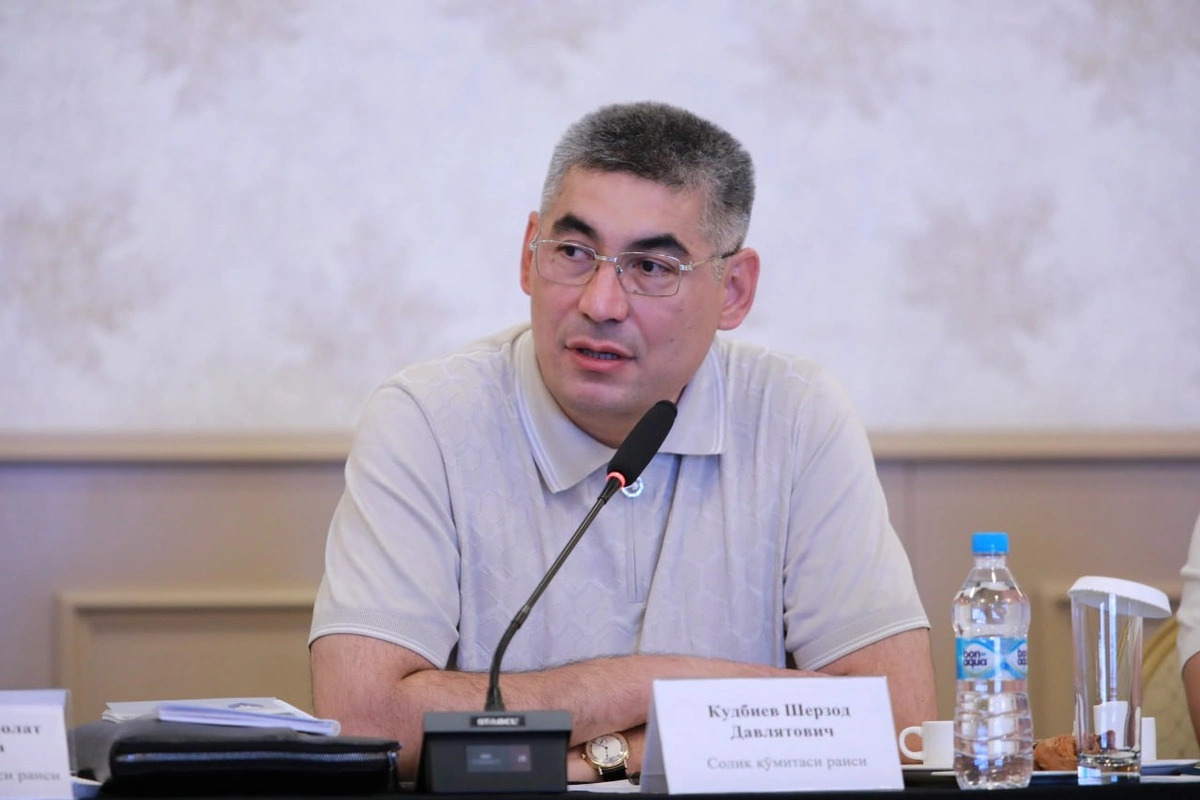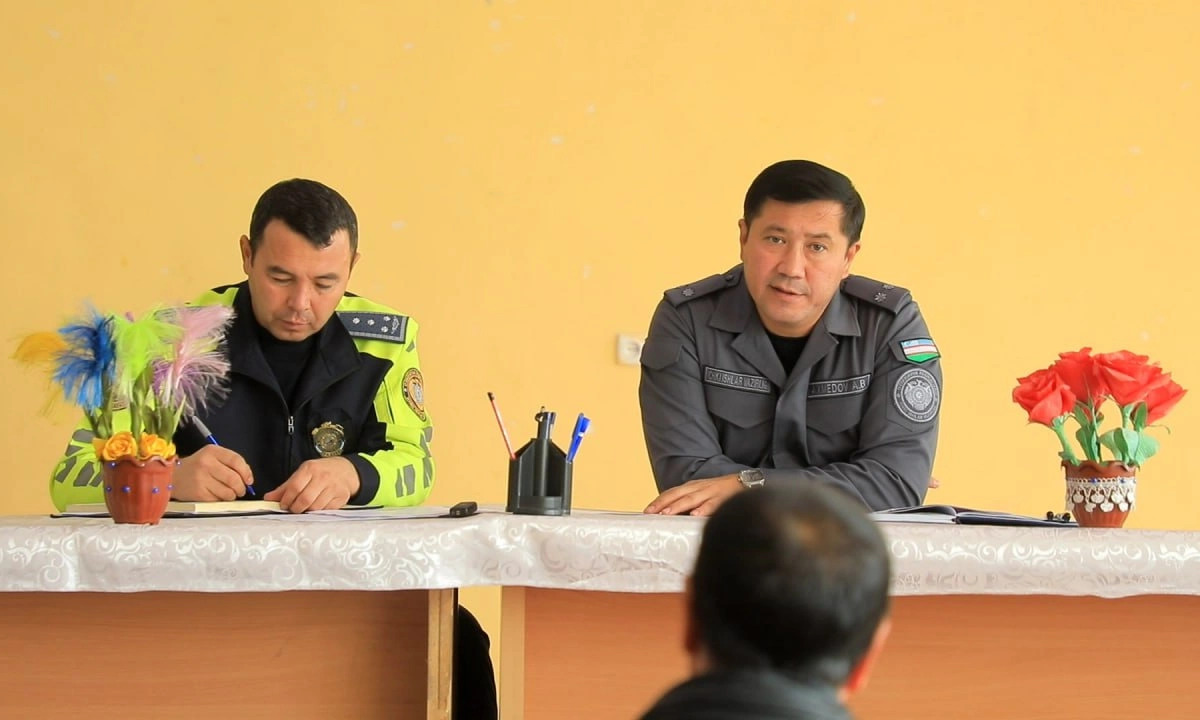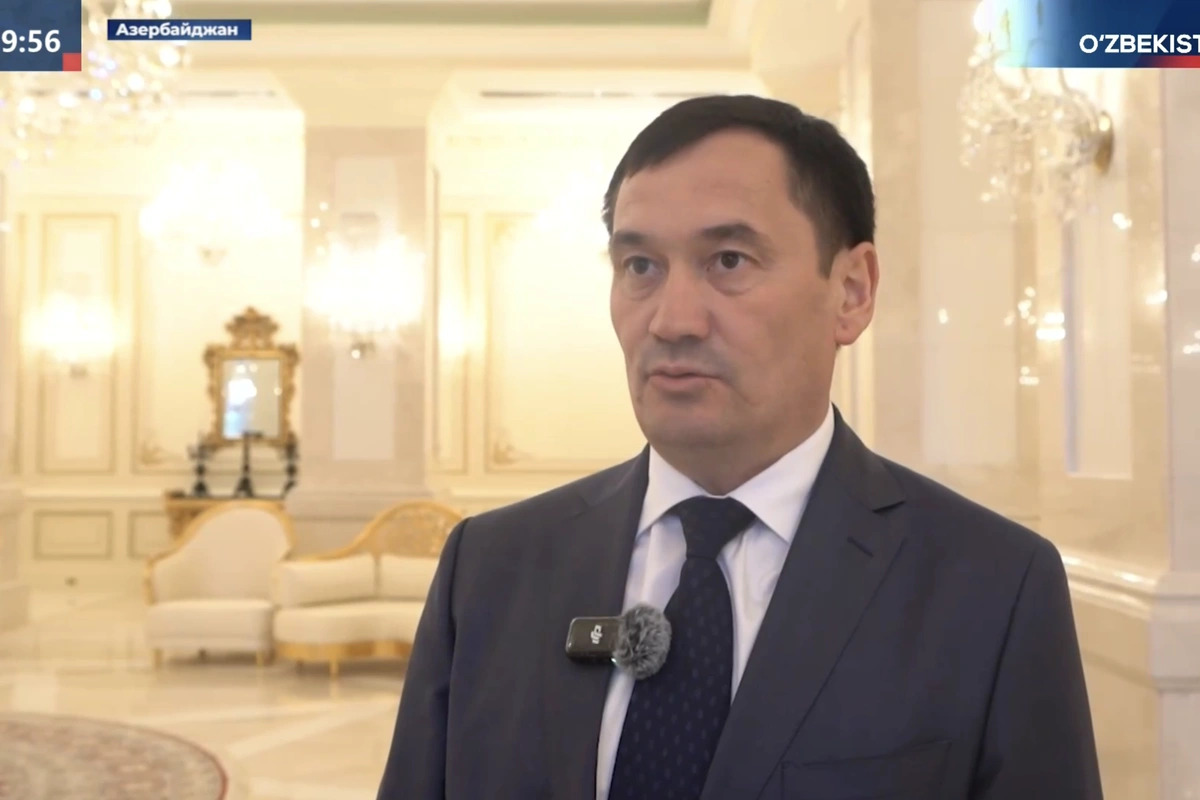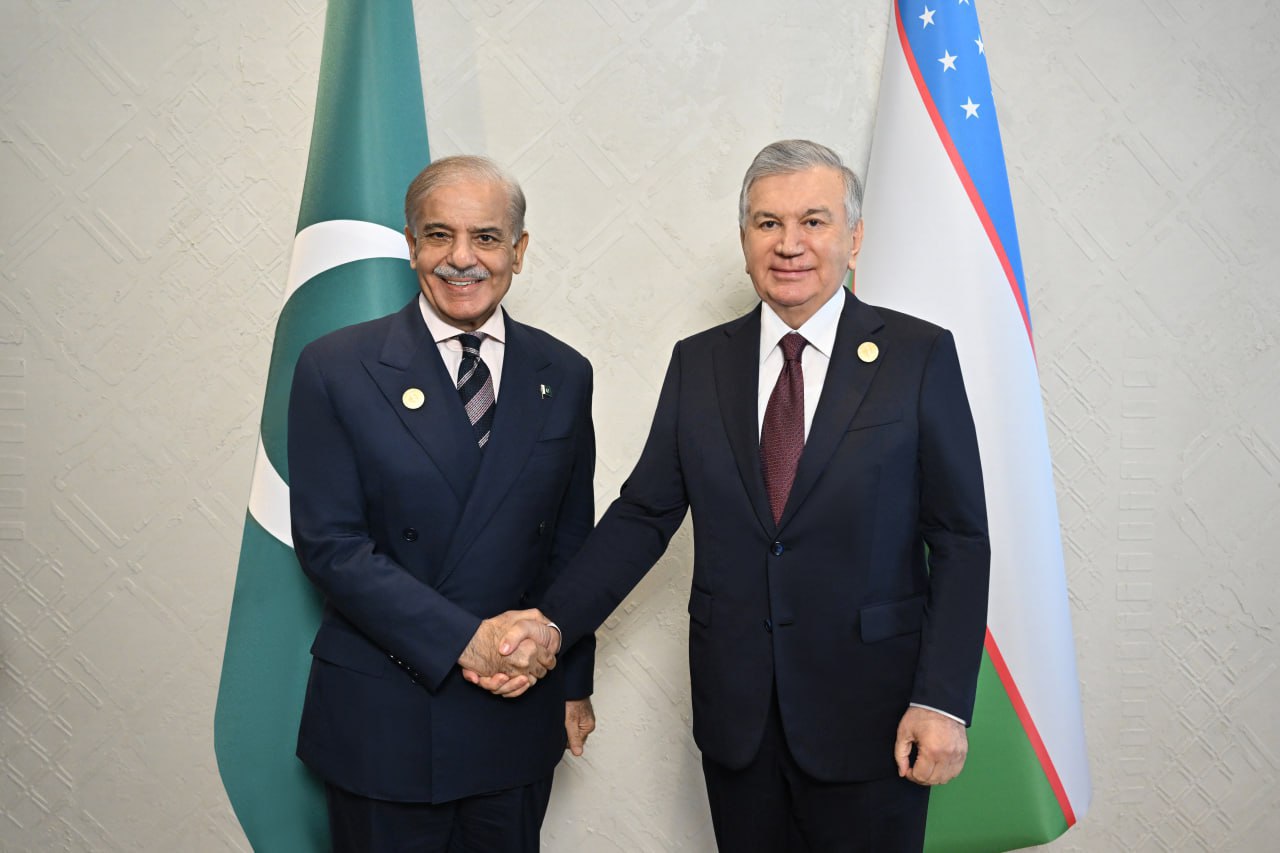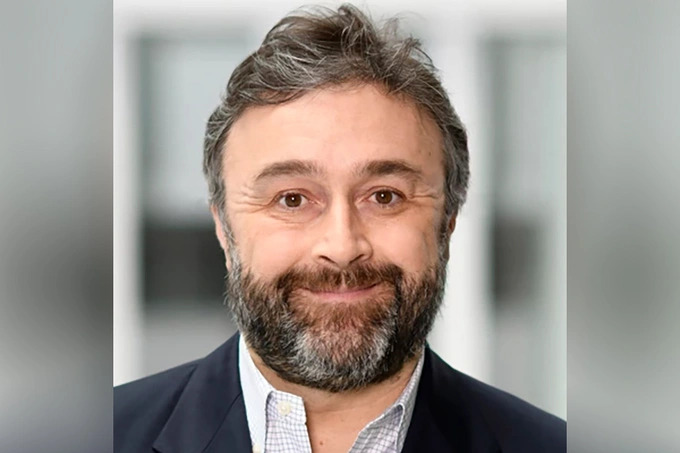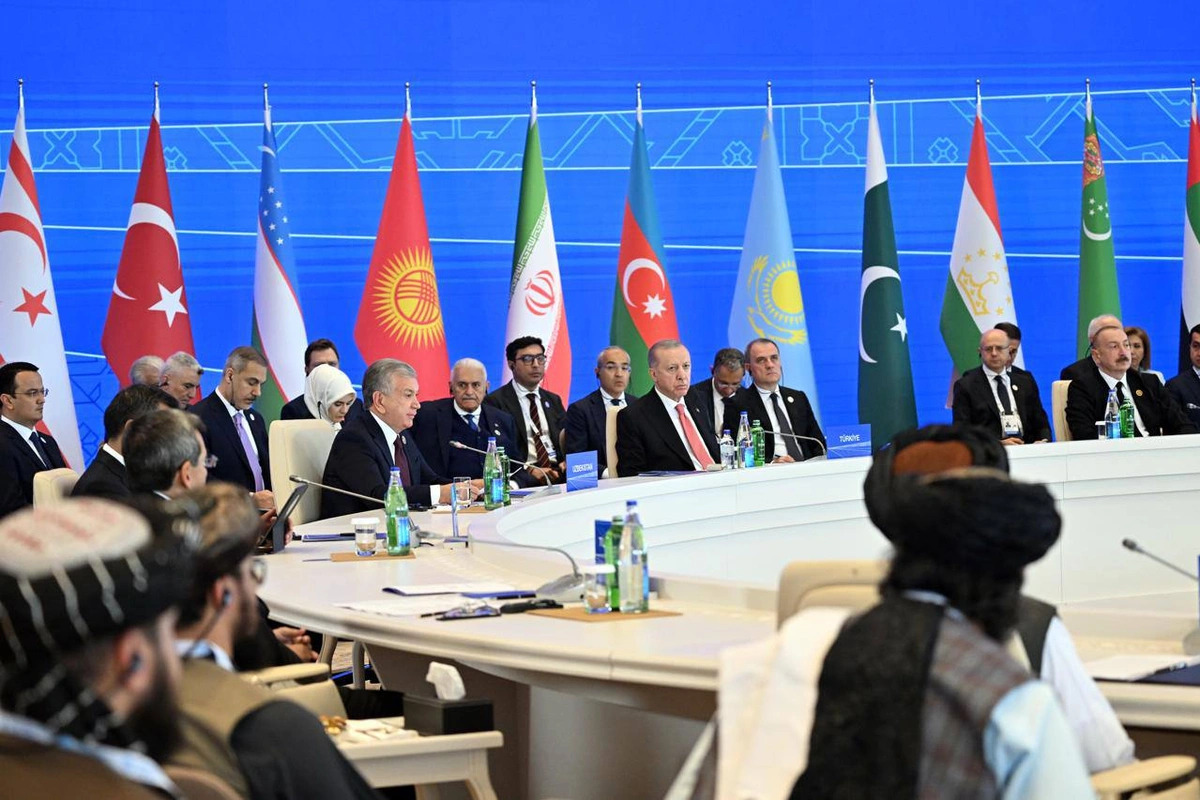The Chairman of the Tax Committee Sherzod Kudbiyev spoke about plans to reform tax administration and a possible revision of the turnover tax during an open dialogue with leaders of the hotel and audit companies, organized by the Chamber of Commerce and Industry on Saturday.
“What do you think about hypothetically assuming: is a turnover tax needed at all?” Kudbiyev asked the audience. “You need a normal tax for micro-firms, but the government needs the same administration for everyone,” he noted.
According to him, the Tax Committee is not keeping up with changes in tax reports and publishing instructions due to changes in legislation.
Kudbiyev believes that due to the complex administration system and five existing tax systems (turnover tax, VAT, profit tax, fixed taxation and the system for the self-employed), the risk of errors and corruption is quite high.
"Imagine that one tax officer must understand VAT, income tax, turnover tax, and everything else. This complicates administration and leads to errors and corruption," Kudbiyev said.
He stressed the "heavy tax burden" in the services sector.
"The tax burden is 12% VAT. But their offset is very small, because the main share of the cost is wages. Because [the auditor] gets money for his head, and there is no offset for VAT," he said.
In his opinion, for this reason, many companies, for example, in the medical sector, go "into the shadows." From April 1, 2025, all legal entities engaged in the sale of pharmaceutical products or providing medical services in Uzbekistan are required to pay VAT, regardless of their income level.
"We are seeing that medical services are going into the shadows. Why? Because of the heavy tax burden. Therefore, we need to come up with some other mechanism so that it satisfies both tax administration and tax policy. But at the same time, so that budget revenues do not fall, but at the same time the burden is slightly less removed,” he explained.
Kudbiev emphasized that this kind of expenses structure forces businesses to artificially “split up” or understate the real volume of services. If the burden is cut, businesses will show more turnover, thanks to which the state budget will not lose in tax revenues, he is sure.
He stressed emphasized that the existing threshold of 1 billion soums for the transition to mandatory VAT “was not introduced in order to raise it later.” He added that the threshold was introduced in 2020 to give accountants time to adapt.
“There is one system all over the world - everyone must be a VAT payer,” he added.
According to Kudbiev, the authorities, together with the Ministry of Finance and the IMF, are developing a comprehensive solution to optimize taxation, which will preserve budget revenues and reduce the burden on businesses.
"I don't want to announce this to a large audience now, but believe me, we are working with the Ministry of Finance to remove the tax burden for some legal entities, without losing the tax base, but at the same time provide an opportunity to remove the tax burden. We are trying and working on this. I think you will hear the news in the coming days," he said.
He noted that the recommendations of the International Monetary Fund were taken into account when developing the decisions.
"We are working in this direction. We hear it, we see it, but it will not happen quickly. This financial year must end, because such changes are not made in the middle of the year," he summed up.

